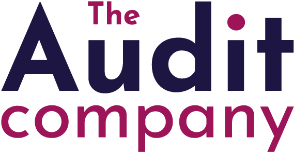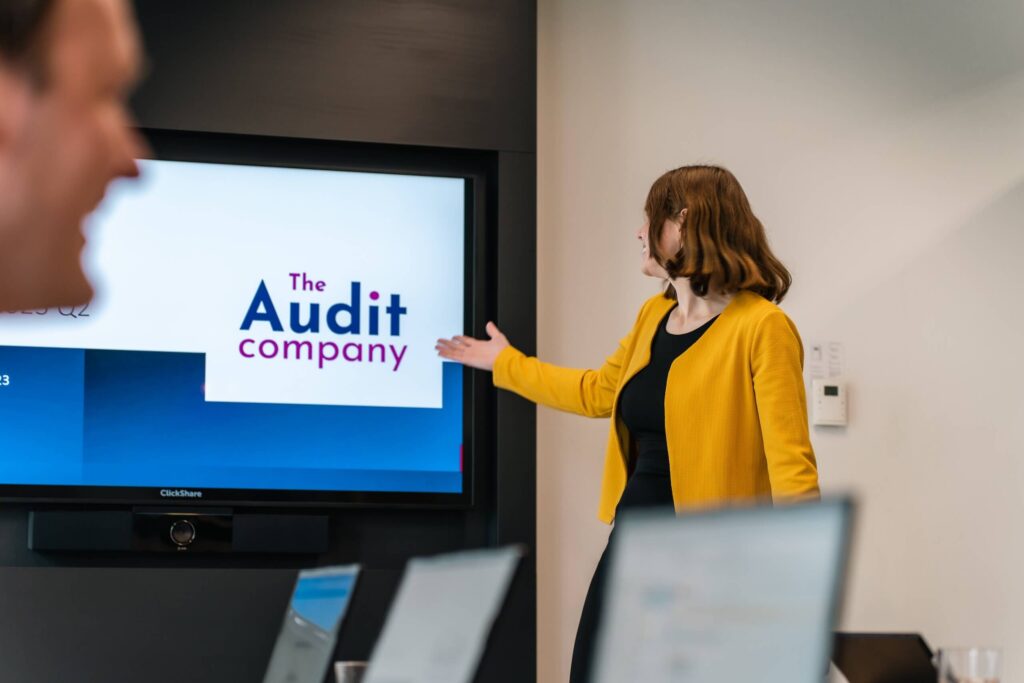About statutory audit of the financial statements
Our approach revolves around putting the organization and its objectives at the center, providing insights into its operations, and making the audit a valuable tool for our clients.
Various stakeholders rely on your financial reporting to make decisions. Therefore, this financial information must be reliable. Some companies are legally required to undergo a statutory audit to protect their stakeholders.
Companies subject to this obligation must have an annual external audit conducted by an independent auditor. Whether a company falls under the statutory audit requirement depends, among other factors, on the total balance sheet, revenue, and number of employees.
Commencement of our audits always begin with a personal introduction. Understanding a company is crucial for conducting a thorough and efficient audit. In preparation for an audit, we dedicate significant time to gaining insights into the organizational structure, relevant laws and regulations, and the business model. Additionally, we examine the internal organization and processes in detail. Our goal is to leverage existing processes for efficiency and, based on the current processes, collaborate to identify areas for improvement.
A good example of this is risk analysis. Often, the risks that are relevant to an accountant are also the risks that concern the company.
Based on the outcomes of the above activities, we establish an audit approach. To plan the execution of the audit, we aim to maintain consistency within the audit team over the years. This creates a well-integrated team. Given the limited turnover of our employees in recent years, we can genuinely deliver on this promise.
Upon completion of the audit, we will report our findings, including the audit opinion on the financial statements.
In summary, our audit approach consists of the following five phases:
- Planning phase, where we gather knowledge about our clients, both internal and external.
- Risk analysis and audit approach: based on the acquired knowledge, we assess the risks that could result in material misstatements in the financial statements. We develop an audit approach accordingly.
- Interim audit (preferably during the audit year): verifying the existence and effectiveness of internal processes and control measures.
- Substantive procedures (post-year-end)
- Finalization and reporting
If you are interested in our personalized approach, please feel free to contact us. We would be happy to discuss our vision and approach with you.

